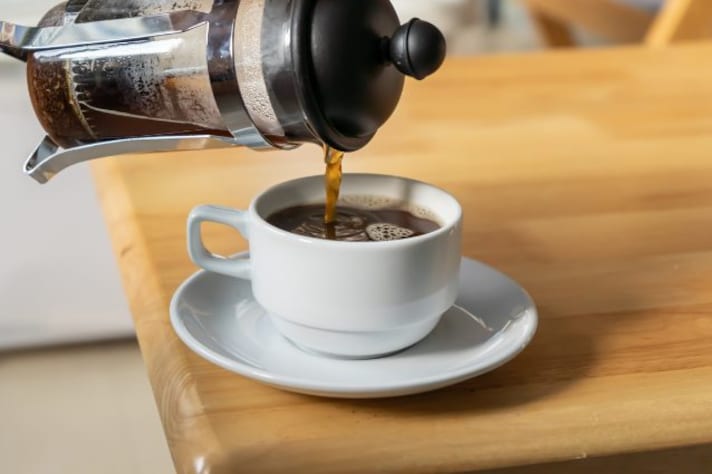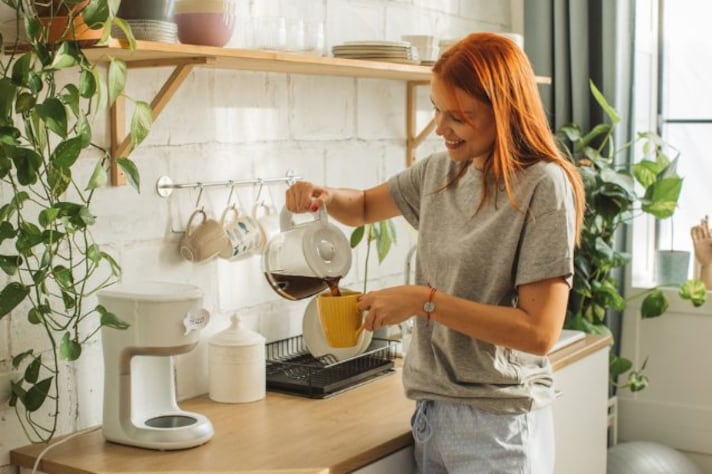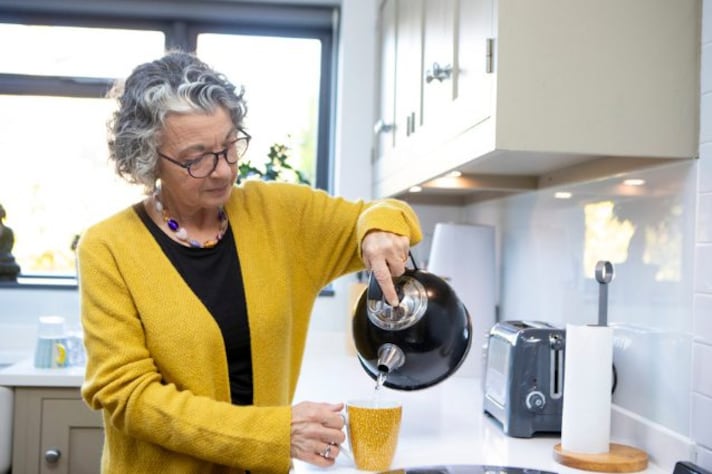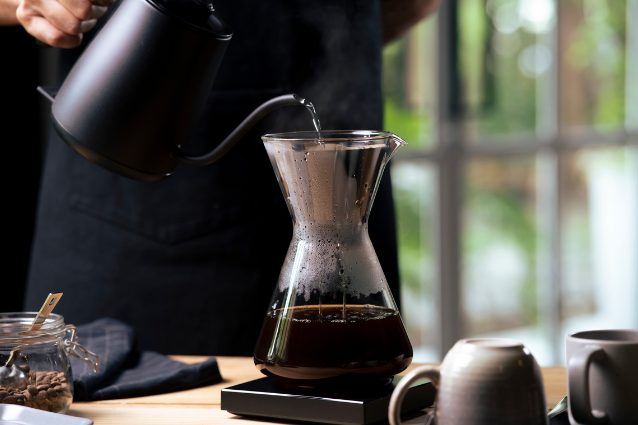Here’s Why You Should Never Eyeball Ingredients When Making Coffee at Home
Guessing your way through coffee measurements might seem harmless, but it’s the fastest route to a disappointing brew. Precision isn’t just for baristas—it’s the key to unlocking balance, consistency, and rich flavor in every cup. From botched ratios to wasted beans, the risks of eyeballing add up fast. If you’re serious about making great coffee at home, it’s time to ditch the guesswork.

Making coffee at home should be an art, not a guessing game. Yet, so many people think they can eyeball their way to the perfect cup, casually scooping grounds like they’re following their heart instead of an actual recipe. While spontaneity is great in many areas of life, coffee brewing isn’t one of them. Precision matters—because even the slightest miscalculation can turn what should be a smooth, flavorful experience into something bitter, weak, or just downright unpleasant.
If you've ever wondered why your home-brewed coffee doesn’t quite match up to that expertly crafted cup from your favorite café, the answer might be hiding in those haphazard measurements. Here’s why you should never leave your coffee proportions up to chance.
The Wrong Ratio Can Ruin Everything
Coffee is all about balance. The perfect brew relies on the precise ratio of coffee to water, and getting this wrong can make or break your cup. Add too much coffee, and you’ll end up with something so strong and bitter that it could double as a punishment. Too little, and you’ll be drinking what feels like vaguely coffee-scented water.
The golden ratio—typically 1 to 2 tablespoons of coffee per 6 ounces of water—exists for a reason. But when you eyeball your measurements, you’re rolling the dice on that balance. One day, you might make a great cup purely by luck, and the next, you’re choking down something that tastes like regret. Precision takes the guesswork out of it, ensuring consistency and quality every single time.

Different Beans Require Different Approaches
Not all coffee beans are created equal, and they don’t all behave the same way when brewed. A dark roast is denser than a light roast, and a finer grind takes up more space than a coarser one. That means if you’re eyeballing your measurements, you might be accidentally over-extracting or under-extracting your coffee without even realizing it.
A scale removes the guesswork. Weighing your coffee (instead of relying on volume) ensures that no matter which beans you’re using, you’re brewing them correctly. This means better extraction, fuller flavor, and the best possible outcome for whatever coffee you’ve chosen.
The Water-to-Coffee Ratio Needs to Be Spot-On
Even if you think you’re decent at scooping the right amount of coffee, are you really measuring your water correctly? If you’re just filling your mug or pot to whatever level "feels right," you’re inviting inconsistency.
The amount of water you use affects everything from strength to extraction time. Too much, and you’ll dilute the coffee to the point of tasting like disappointment. Too little, and it’ll be overpoweringly strong, with harsh, bitter notes. A precise ratio—usually around 1 gram of coffee per 16 grams of water for a balanced cup—ensures that your brew is neither too watery nor too concentrated.

Small Mistakes Add Up
At first glance, a little extra coffee or a slight water miscalculation might not seem like a big deal. But coffee is surprisingly sensitive, and small errors add up quickly. When you consistently overdo or underdo the coffee measurement by just a few grams, you start noticing weird changes in taste—one cup might be slightly sour, another might be unpleasantly acidic, and suddenly, your "go-to" recipe is unpredictable. Over time, these tiny mistakes can make you think your coffee beans or even your coffee maker is the problem, when in reality, it’s just your measuring habits.
It’s How the Pros Do It
Ever wonder why a professionally brewed cup of coffee always tastes so much better? It’s not just the expensive equipment—it’s also the precision behind every single step. Baristas weigh their coffee because they know that even a slight deviation in measurement can throw off the entire experience.
Brewing coffee with accuracy isn’t just for high-end cafes; it’s how coffee is meant to be made. If the professionals don’t wing it, why should you?

It Saves You Money in the Long Run
Good coffee isn’t cheap, and wasting it on bad brewing habits is like pouring money down the drain. Overusing coffee means you’re burning through your beans faster than necessary, while underusing them means you’re settling for subpar coffee and probably brewing another cup just to get it right. Either way, you’re not getting the most out of your coffee stash. Measuring properly ensures that every bean is used effectively, giving you the best taste and the best value.
;Resize,width=767;)
;Resize,width=712;)

;Resize,width=712;)
